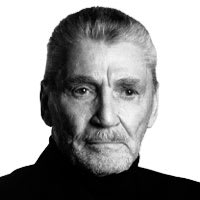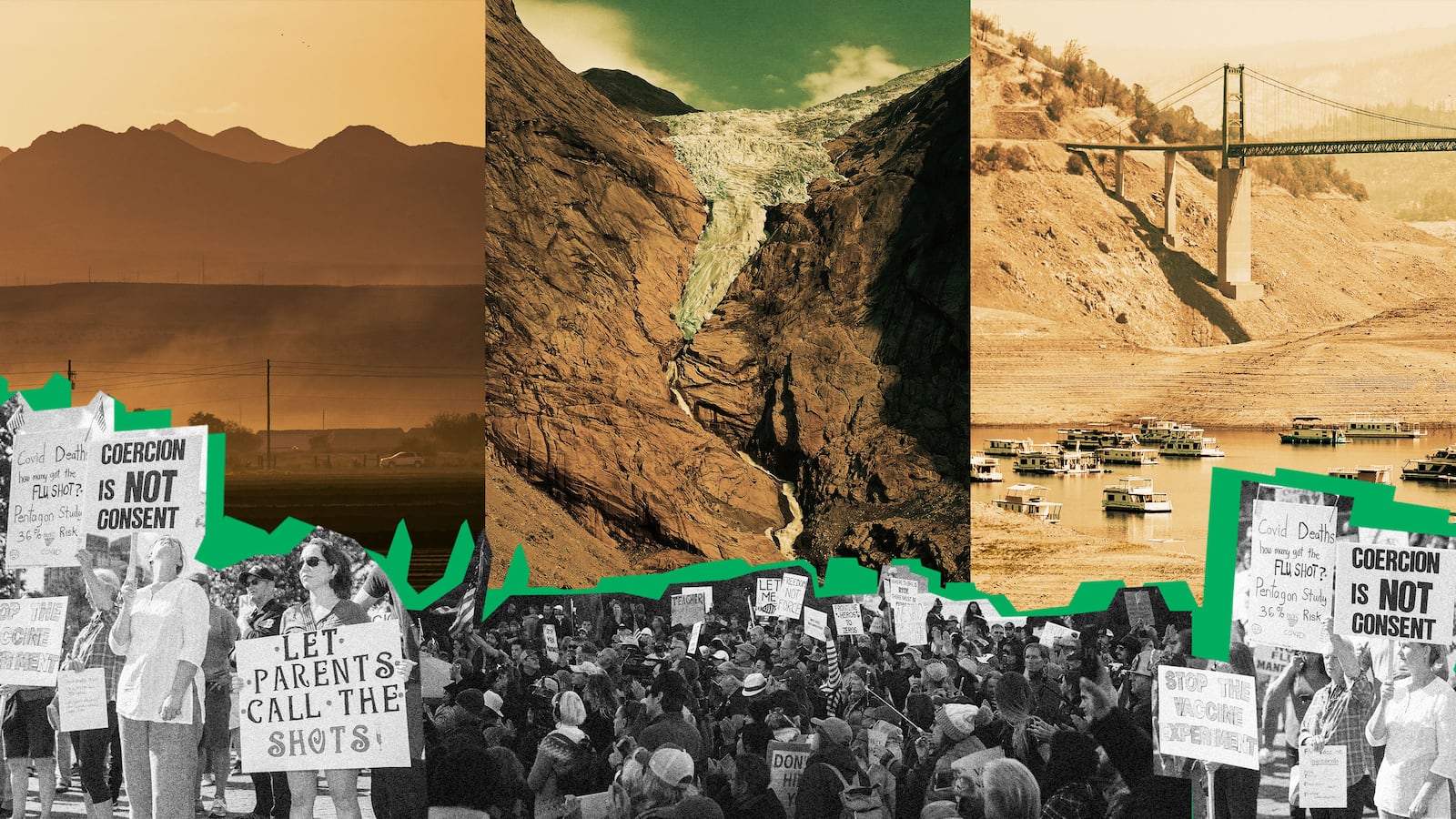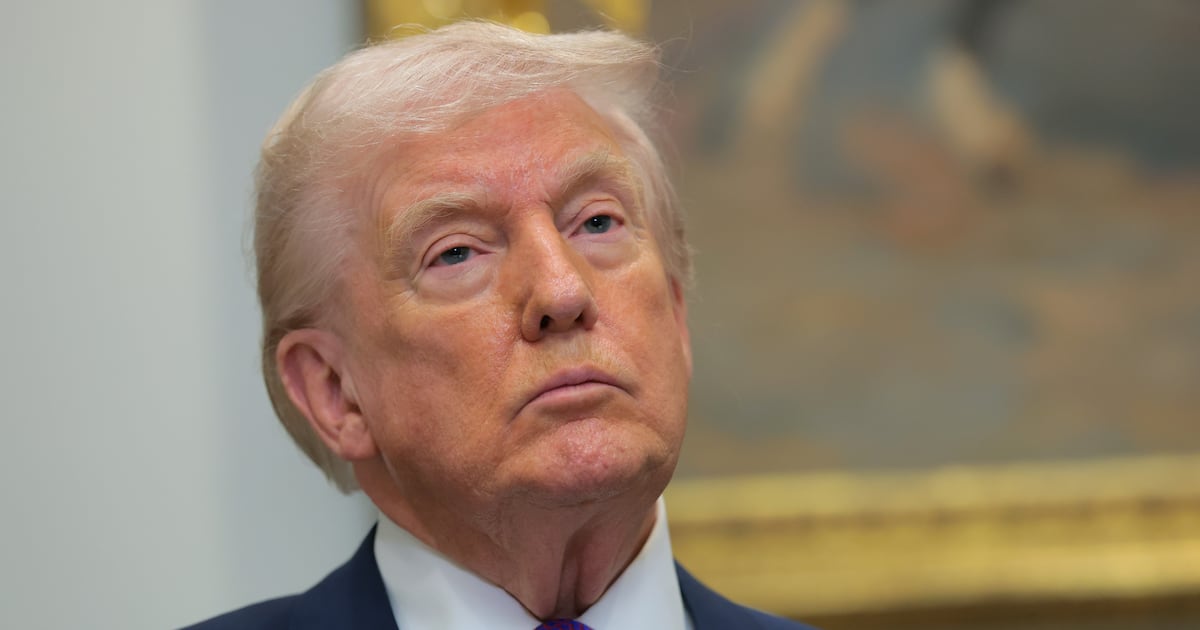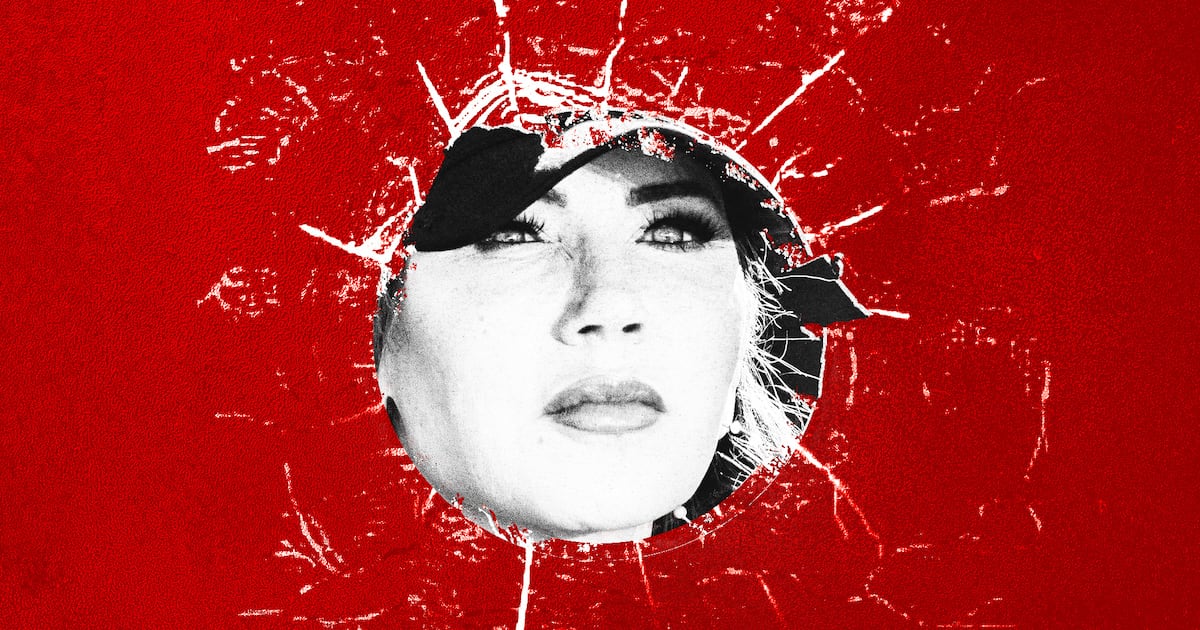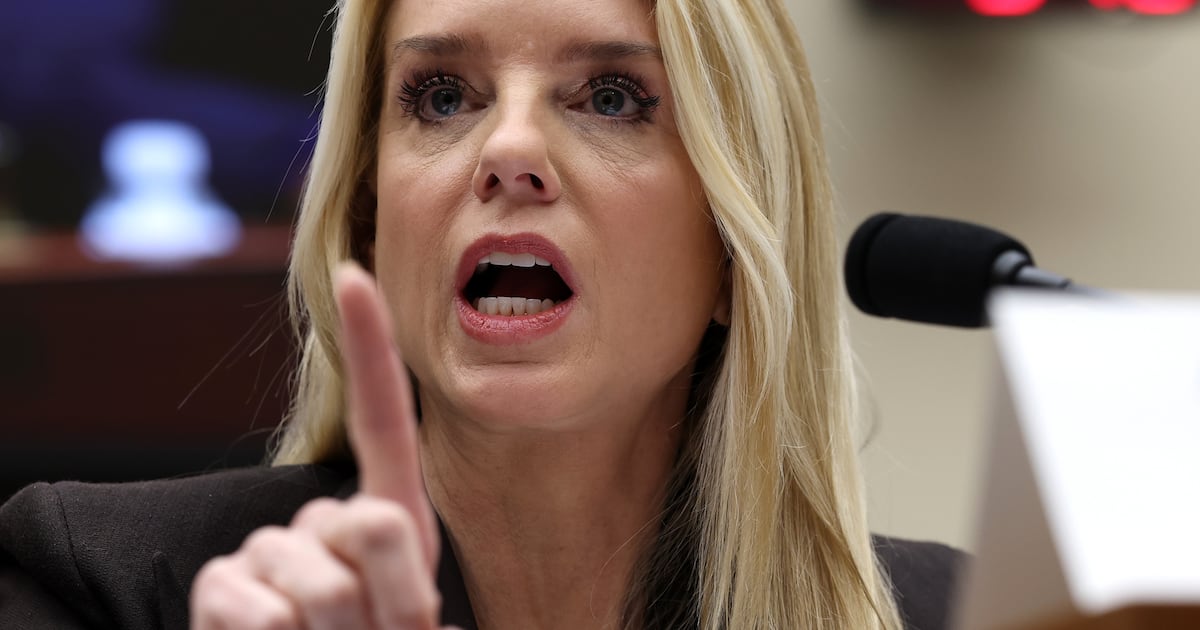The COVID-19 pandemic did not see bodies pile high or mass graves. The numbers being reported in the press are just that—abstract numbers. In the absence of visible evidence of imminent doom, the risk to human life can be weighed against the risk to economic well-being, individual freedom, or potential social disorder—and people come to different conclusions. Some have gone so far as to claim that the COVID-19 pandemic is a hoax conjured by government authorities to impose tyrannical controls over the population.
Pandemics test the ability of societies to act collectively, either within nations or internationally. To do so effectively requires social capital—the notion of a community sharing values, norms, trust in institutions and each other, and a sense of shared purpose that is not imposed but freely agreed upon. It does not mean the absence of difference or debate but rather relationships that are marked by mutual respect and goodwill. That would hardly describe contemporary America—or indeed many countries today. Even countries many would consider as rating high on a “social capital” index, have experienced violence in response to COVID-19 restrictions and requirements.
Had the COVID-19 pandemic posed a much greater threat to life, shared dread might have forced social bonding. The COVID-19 pandemic appeared serious enough to demand collective action, but not dangerous enough to set aside our differences. We had the science to address the pandemic. We lacked the social accord.

The melting Briksdal glacier (Briksdalsbreen) lies above rocks it ground smooth and once covered in ice next to a lake created by meltwater on Aug. 11, 2020, near Olden, Norway.
Sean Gallup/Getty ImagesClimate change is already a contentious issue, with some claiming that global warming is a hoax being promoted for political or financial reasons. They see proposed guidelines aimed at reducing the use of fossil fuels, encouraging the use of electric vehicles, or potential changes in diet as further examples of imminent tyranny. The arguments apparent in the response to COVID-19 will be replayed.
Public hostility toward scientific authority and government-imposed measures to slow the spread of the virus were evident in attitudes toward Dr. Anthony Fauci, the director of the National Institute of Allergy and Infectious Diseases and the Chief Medical Adviser to the President. Never had a single individual seemed to have the power to affect the personal behavior of so many people.
While his plain speech helped to persuade millions of Americans to go along with onerous rules to “flatten the curve” so that hospitals would not be overwhelmed with coronavirus patients, and to get the shot when a vaccine became available, an increasingly ill-tempered audience saw him as a symbol of government oppression. Many despised him as a dangerous man. Some threatened his life.
In America’s deeply divided society, attitudes toward masks have, like everything else, reflected political views and party affiliations. Mask wearers had greater trust in scientists. Those who resisted mask-wearing trusted leaders who scoffed at the reality of the virus or downplayed its seriousness and disparaged health officials for overreacting.

Anti-vaccine activists protest against Governor Charlie Baker's mandate that all Massachusetts school students must receive the flu vaccine, on Aug. 30, 2020, in Boston, Massachusetts.
Scott Eisen/Getty ImagesResistance to mask and vaccination mandates during the COVID-19 pandemic has provided a forum for mobilization and is also creating new political partnerships and new models for mass resistance—armed protests and takeovers at state capitals, assaults on vaccination centers, truckers’ convoys.
Far-right groups portrayed the mandates as another example of government tyranny, anti-vaxxers as an assault on bodily autonomy. Requirements to carry proof of vaccination to travel, enter certain premises, or work in certain professions prompted widespread protests. To those who already felt disparaged and besieged, vaccine passports raised the specter of yet another form of second-class status. Opponents quickly compared it to the phrase uttered by sneering, jackbooted officers in a hundred Hollywood films: “Your papers, please.”
An overlap between right wingers and anti-vaxxers was evident in the early spring of 2020, when anti-vaxxers appeared in front of state capitols at armed protests opposing COVID-19 shutdowns. A number of anti-vaxxers accompanied the mob that stormed the U.S. Capitol on January 6, 2021. Far-right extremists, including the Proud Boys, participated in anti-vaccination marches.
The alliance may lead to the emergence of a mutually beneficial and more permanent political movement. The far right is already an assemblage of groups with differing grievances and ideologies. Recruiting anti-vaxxers increases their political muscle and offers fertile ground for recruiting. At the same time, reinforcements from the far right increase the political reach and heft of the anti-vaxxers. The issues may fade, mass resistance may not.
Protest movements transform rather than retire. They aspire to become permanent parties. To maintain their tactical alliance, the far right and anti-vaxxers could find common ground on issues that transcend the pandemic. Opposition to all forms of compulsory immunization offers one issue. The two movements conceivably could also unite to oppose science in general—a coalition of suspicious skeptics.
Tension and anger may diminish as the contagion subsides, but the mask and vaccination wars will leave a legacy that reinforces existing animosity and defiance, which will continue to affect society and its governing institutions. Democracies will be harder to govern. Politics will increasingly be marked by defiance and intimidation. Terrorism will be seen by some as increasingly justifiable.
Rising water levels, lengthening droughts, and intense heat associated with climate change could displace millions of people and force mass international and internal migrations. A recent climate model projects that by 2053, approximately a quarter of the U.S. population will be living in an “intense heat belt” that stretches from Texas and Louisiana across the South and up through the Midwest. Some of the areas will experience extreme heat, with summer temperatures rising to 125 degrees. That is roughly equivalent to the hottest days of the year in the appropriately named Death Valley, California.

Houseboats in a narrow section of water in depleted Lake Oroville in Oroville, California, on Sept. 5, 2021.
Josh Edelson/AFP via Getty ImagesAmerica has seen large-scale migrations throughout its history, not without increasing social tensions—European settlers displacing indigenous populations, repeated waves of immigrants and refugees, millions of African Americans moving from the South to northern cities. And approximately 2.5 million climate refugees fled the Midwest Dust Bowl in the 1930s—roughly 2 percent of the U.S. population at the time; the equivalent of more than six million people today.
Moving toward clean energy and dealing with protracted water shortages could require states working together—despite political differences—on major infrastructure projects on a scale not seen since the Great Depression. Huge amounts of capital will be needed in a country already burdened with heavy debt and higher inflation. Above all, it will require immense national will and a display of unity unseen since World War II.

Farmland at sunrise on the Arizona side of the Colorado River on Sept. 23, 2022 near Needles, California.
David McNew/Getty ImagesThat is hardly an accurate description of today’s America. Do Americans have the stomach for tough times, hard work, and sacrifice? Or will many of the same problems experienced in responding to COVID-19 arise as Americans confront the challenge of climate change? Here are ten challenges.
No incandescent event to galvanize the nation. Climate change is an insidious threat. We have seen unprecedented tornado outbreaks and scorching heat waves, but thus far no climate-driven equivalent of 9/11 to underscore an immediate danger.
Climate change denial. At the outset of the pandemic, calls for more vigorous action were met with a chorus of denials. Climate change is perceived by many to be yet another hoax to expand government authority or impose world government. Challenges asserted by deniers include: Its effects are exaggerated. It is nothing new and anyway, not a consequence of human activity. So what? Growing avocados in Montana may not be such a bad thing.
The rejection of science. This was so patently evident during the pandemic. Many will reject the scientific reports. Climate experts will be vilified.
Increased social tensions. The pandemic saw mask wars, large-scale protests over shutdowns, threats to public officials and health workers, and increased assaults on Asian-Americans. Large-scale migrations from abroad or within the United States will heighten social tensions.
Measures to slow climate change will affect everyone’s lives in ways unpalatable to many. Dealing with climate change may affect what we eat, how we commute, what we grow on our farms or plant in our front yard. It could also fundamentally change the economy, which means some will benefit while others will find their incomes threatened. Some measures are essential, but political agendas and reformist zealotry could lead to social engineering, overreach, and coercive regulatory regimes that provoke negative reactions.
Continuing hostility toward authority. Throughout history, pandemics have provoked hostility against rules that affected personal freedom, livelihoods, profits—COVID-19 was no different. Expect it to continue in dealing with climate change.
America’s poisonous political partisanship. The pandemic further deepened America’s political divide. In the face of conflicting views of the threat posed by climate change from existential to non-existent, increased social tensions, and continuing hostility against government intervention, especially in areas that directly affect lifestyles, public discourse may be defined by political affiliation—as it often has been during the pandemic, impeding serious discussion of what is to be done.
Pandemic prototypes and models of popular resistance. The pandemic has seen the emergence of new alliances and modes of protest that won’t go away but instead can be transferred to the climate change debate.
Violence not unlikely. During the pandemic, domestic extremists made vaccination centers the targets of vandalism, and in 2020 the FBI claimed to have foiled a plot by political extremists to kidnap and murder the governor of Michigan because of her shutdown orders. A January 2022 opinion poll indicated that one in four Americans believe violence against government is sometimes justified. A poll in July found a significant increase in the percentage of Americans who believed that threatening or harassing public health officials because of business closures was legitimate. Environmental extremists already account for a portion of domestic political violence—attacks usually aimed more at facilities than people. Some of those worried about the future of the planet are suggesting that violence is a justifiable course of action against countries or corporations that are unwilling to reduce activities that contribute to global warming.
Post-pandemic pessimism can foster both passivity and nihilism. The Black Death contributed to a prevailing sense of pessimism that marked late Middle Ages. A sense of inescapable doom may also promote a kind of nihilism that can lead to chaos. Previous outbreaks of disease have seen that too.
It is a gloomy outlook. But Americans can rise to the challenge. Dealing with climate change is not about shutting down, social distancing, or self-isolation. It is about coming together and tackling the ambitious infrastructure projects that Americans used to be good at.
The COVID-19 pandemic is another event on the long list of dark moments in American history. We have survived, shaken and (hopefully) stirred to action.
We are one nation, despite the efforts of cynical politicians, their media propagandists, and online rabble-rousers to divide us into little warring enclaves. They won’t change, but we can. We, the people—not the demagogues, not the would-be tyrants, nor the agitators, nor those claiming to be our saviors—we ultimately decide what kind of post-pandemic society we want to live in, what we want for ourselves, our children, and grandchildren. The pandemic hit us hard, and surely has changed every one of us. We can ensure that it is for the better.
Excerpted and adapted from Plagues and Their Aftermath: How Societies Recover From Pandemics by Brian Michael Jenkins, copyright 2022 by Brian Michael Jenkins and reprinted here with permission of Melville House.
Brian Michael Jenkins is the author of Plagues and Their Aftermath: How Societies Recover From Pandemics. He is a senior adviser to the president of the RAND Corporation. He served in the U.S. Army’s Special Forces in during the war in Vietnam, before joining RAND in 1972. In 1996, President Bill Clinton appointed Jenkins to the White House Commission on Aviation Safety and Security. Jenkins has also served as adviser to the National Commission on Terrorism. He is a frequent commentator on matters of global security and safety for major media outlets including NBC, PBS, NPR, The New York Times, The Washington Post, and others.
